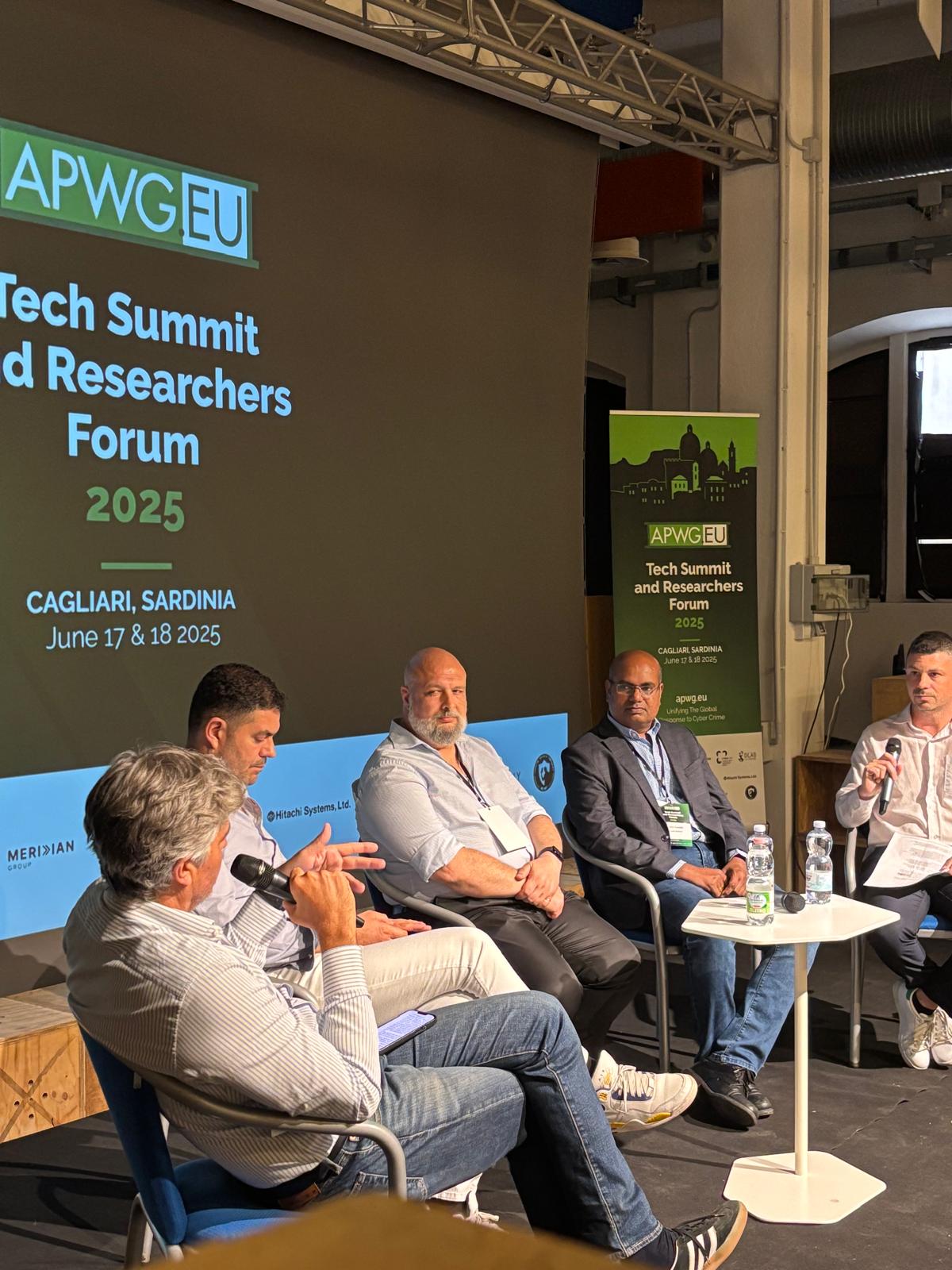
Navigating the Future of FinTech: Insights from the EU Tech Summit in Italy
While the vibrant discussions of the recent EU Tech Summit in FinTech in Italy may have concluded, the critical insights shared, particularly concerning the future of cybersecurity and antiphishing controls in financial technology, continue to resonate deeply. We are eager to share our key takeaways from this pivotal event, highlighting the path forward for secure innovation in Europe’s dynamic FinTech landscape.
The atmosphere was electric, with leaders, innovators, organizers, and policymakers converging to discuss the next frontier of financial technology, its security, and the methods for detecting fraud. Here were some of the main points that truly resonated:
1. The AI Revolution in FinTech
Artificial Intelligence was undeniably the star of the show. We saw incredible advancements in how AI is being leveraged for:
Hyper-personalization of financial services
Predictive analytics for fraud detection
Automation of routine tasks
These applications significantly boost efficiency and decision-making, showing AI’s potential to transform everything from credit scoring to customer service.
2. Cyber Threat Intelligence (CTI)
The key mission of CTI is to research, analyze trends related to cybercrime, hacktivism, Cyber Espionage and Terrorism. The financial focus is especially worth mentioning. World Economic Forum data clearly indicates growing trends in all of the above including involvement of state actors.
3. Regulatory Evolution and Harmonization
A significant portion of the summit focused on the European regulatory landscape. Discussions around frameworks like the Digital Operational Resilience Act (DORA), GDPR, and the upcoming Payment Services Directive 3 (PSD3) underscored Europe’s commitment to creating a safer, more unified digital market. The call for simplification and consistent enforcement across member states was a recurring theme, aiming to reduce compliance burdens and foster innovation. Role of Regulators and Policy Makers, including the enterprise-wide GRC monitoring (auditors) is proving to be very vital in enforcing data privacy. Their role in DevSecOps extends to DevSecLegalOps, creating a unique position for Legal bodies in the process of enterprise application development and deployment.
4. The Unwavering Importance of Cybersecurity
For me, this was paramount. As FinTech expands and integrates more advanced technologies like AI and blockchain, the attack surface for cyber threats also grows. Several sessions underscored that cybersecurity is no longer an afterthought but a foundational element of any successful FinTech strategy. From sophisticated phishing attacks and ransomware to data breaches via supply chain vulnerabilities, the threats are real and constantly evolving. The emphasis on robust incident response plans, multi-factor authentication, and advanced threat detection using AI was strong.
I truly believe the summit reinforced a critical truth:
“Innovation without robust security is an open invitation to risk. The future of FinTech isn’t just about faster transactions or smarter algorithms; it’s about building an inherently secure and trustworthy digital financial ecosystem for everyone.”

5. Sustainability and Financial Inclusion
Beyond the technological advancements, there was a powerful emphasis on using FinTech as a force for good. Discussions centered on how financial innovation can:
Address global sustainability challenges
Promote financial inclusion for underserved communities
Empower individuals to be more responsible financial citizens
The insights gained here will undoubtedly shape our strategic focus at Avocado Systems as we continue to develop cutting-edge cybersecurity solutions for the FinTech industry. We look forward to leveraging these learnings and contributing to a resilient and secure financial future!


